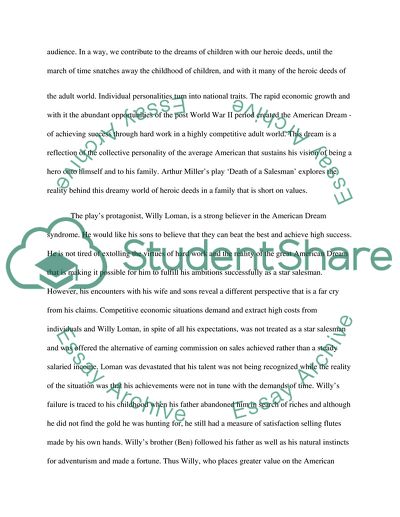Cite this document
(“Death of a Salesman: Willy Loman as a Complex Post World War II Male Essay”, n.d.)
Death of a Salesman: Willy Loman as a Complex Post World War II Male Essay. Retrieved from https://studentshare.org/literature/1554624-the-death-of-a-salesman-by-authur-miller
Death of a Salesman: Willy Loman as a Complex Post World War II Male Essay. Retrieved from https://studentshare.org/literature/1554624-the-death-of-a-salesman-by-authur-miller
(Death of a Salesman: Willy Loman As a Complex Post World War II Male Essay)
Death of a Salesman: Willy Loman As a Complex Post World War II Male Essay. https://studentshare.org/literature/1554624-the-death-of-a-salesman-by-authur-miller.
Death of a Salesman: Willy Loman As a Complex Post World War II Male Essay. https://studentshare.org/literature/1554624-the-death-of-a-salesman-by-authur-miller.
“Death of a Salesman: Willy Loman As a Complex Post World War II Male Essay”, n.d. https://studentshare.org/literature/1554624-the-death-of-a-salesman-by-authur-miller.


